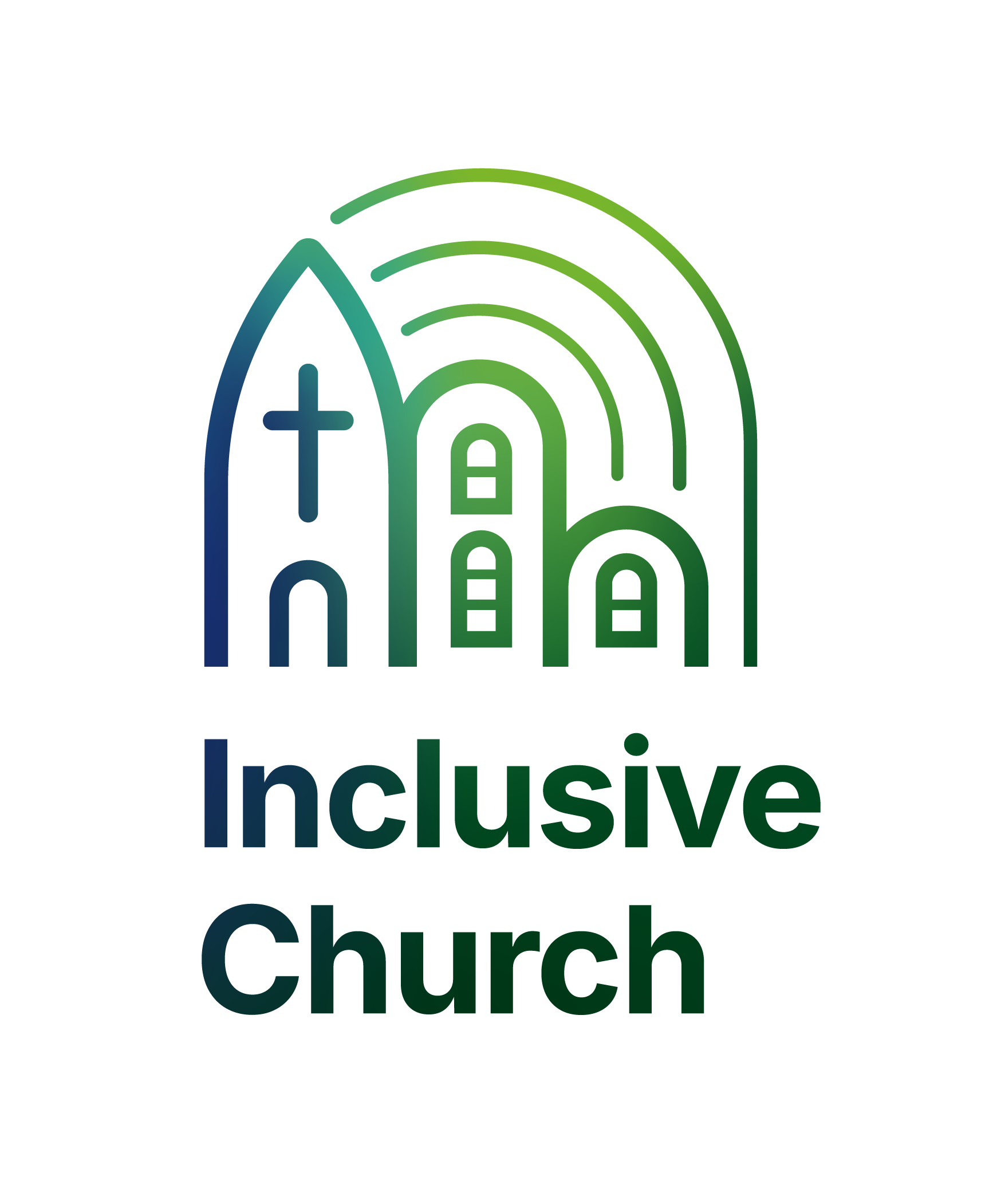In partnership with the Church of England Estates Theology Project, the Twydall Declaration was compiled, telling how the Good News is reflected here in Twydall.
I. We affirm that Jesus Christ establishes the true worth and value of every person in the church. He does this not only by his sacrificial death on the cross, but also by being with us as a community, hearing our prayers, and giving each of us gifts with which to serve our fellow disciples. We reject, therefore, a church culture which values some Christian brothers and sisters more highly than others, whether because of wealth, education, power, class or connections.
II. We affirm that following Christ ought to make a real difference in the way we live our lives. Christianity is a calling to follow the leading of the Lord in everything: in our work, families, friendships, communities, as well as in our political and economic life. Through the Holy Spirit, Jesus continues to direct his people, and it is our privilege and responsibility to live in the freedom of obedience to his instruction. We reject, therefore, the reduction of Christianity to a mere religion that never leads to real change. The practices of the Christian faith are not a badge of class respectability, status, or national pride designed to exclude those of certain backgrounds; the call to genuine discipleship is open to all and reveals itself in transformed lives.
III. We affirm that God is with his people who live on housing estates and is already working powerfully amongst us. The kingdom of God has already come near in our midst, and this should be cause for celebration and gratitude amongst the whole people of God. We reject the notion that social deprivation indicates God-forsakenness and its flip side that financial stability indicates God’s blessing. Housing estates are not mere objects for the charity of the rich; they are diverse communities of people across the socio-economic spectrum in which the body of Christ has taken root and in which the Holy Spirit is active.
IV. We affirm the positive impact of clergy in our local church communities. Clergy that know and love their congregations and communities well, who speak plainly, and are faithful to God in their ministry are a gift from the Lord to us. Likewise,we affirm the clergy’s unique position, above the fray of partisan politics, to take a stand for truth and justice in the public square, including at the highest levels of government. Likewise, we reject as an abomination all past and present abuse of God’s children at the hands of the clergy and regard the pursuit of justice for their victims as a gospel imperative.
V. We affirm the gospel’s message of radical welcome and inclusion under the banner of the cross. We reject any purportedly Christian message which unduly judges and dismisses the other for whom Christ died, whether that take the form of patriarchy, the oppression and/or neglect of the poor, homophobia, or any other exclusionary ideology.
VI. We affirm the beauty and diversity of the body of Christ, especially as this is manifest in the Church of England. We appreciate that people connect with God through different spiritualities and liturgical practices, and to the extent that ecclesiastical structures recognise and respond to this, they serve the body well. We are a family and so, like the parts of the body, we are absolutely inter-reliant under the headship of Christ. We reject any arrangement of the church which fails to reflect the church’s God-given diversity, seen, for instance, in the demographic uniformity of the church’s leadership with respect to class, education, wealth, gender, and the like. Each Christian is a gift to the other, and so all must be heard and included as the church together seeks the mind of Christ.




